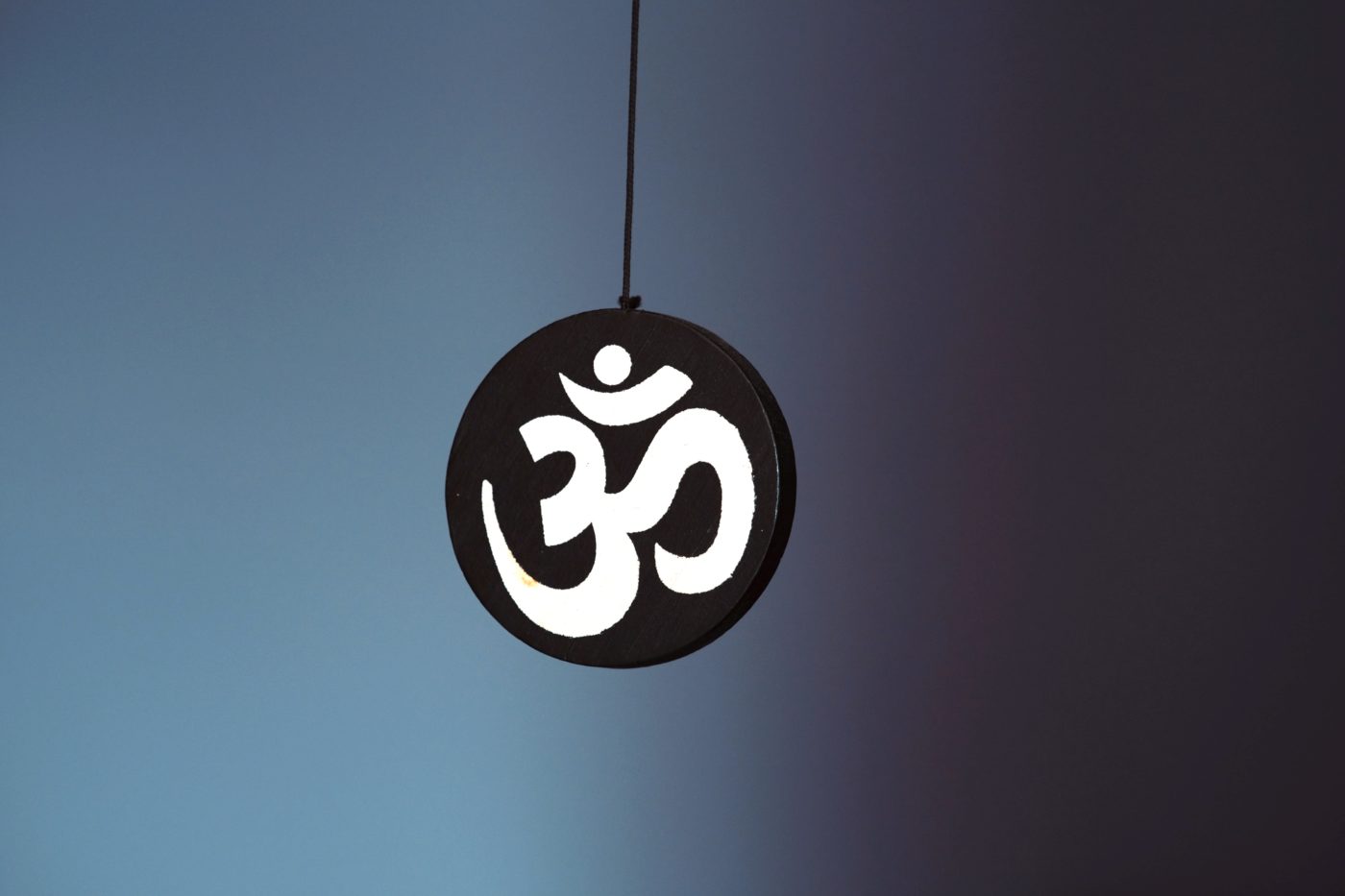
What Is Hinduism? The Basics of Hinduism in 10 Questions, 10 Definitions, and 10 Quotes
What are the basics of Hinduism? Hinduism is a religion historically based in India and focused on obtaining “moksha” (release, freedom). Imagine thousands and thousands of lifetimes, some better and some worse, like an eternal merry-go-round of endless rebirths. Throughout its history, Hinduism has offered three main ways of obtaining moksha from this cycle of rebirths: the way of works/rituals, the way of knowledge, and the way of devotion. Hinduism is historically polytheistic, teaching the existence of numerous gods (e.g., “330 million gods”).
What are the basics of Hinduism? 10 Questions
- What people group migrated into northwest India whose religion and culture developed into Hinduism? Aryans
- What people group is indigenous to the Indian subcontinent? Dravidians
- As long as people live in the endless cycle of death and rebirth (samsara), what do they accumulate which they need to pay special attention to? karma
- Release (moksha) from the endless cycle of death and rebirth allows the soul (atman) to become a part of what (another word for the ultimate divine reality)? Brahman
- There are three primary ways or paths of obtaining release (moksha) in Hinduism. What is the general word in Hinduism for “way” or “path”? marga
- What is the name of the widespread (though outlawed) Hindu system of dividing people into four primary classes: Brahmins (priests), Kshatriyas (kings and warriors), Vaishyas (merchants), and Shudras (servants)? caste system
- What Hindu holiday is a five-day Festival of Lights commemorating the homecoming of Rama (an epic told in the Ramayana)? Diwali
- What Hindu festival uses colored water and colored powder to celebrate the good-versus-evil story of Prahlada? Holi
- What is the general word for the Hindu prayer and worship ceremonies which can be performed in the home, at the temple, or at other sites in order to seek some kind of blessing from the divine? puja
- There are many, many gods in Hinduism (Vishnu, Shiva, Kali, etc.). What is the common Hindu way of saying “I bow down to the god in you,” a word used in greetings which are accompanied by the person joining his palms together and bowing? Namaste
The Basics of Hinduism: 10 Definitions
- Samsara – the cycle of death and rebirth which continues indefinitely until release
- Moksha – release from the cycle of death and rebirth
- Karma – ceeds which lead to good or bad consequences and rebirths
- Dharma – lawful duty
- Bhakti-marga – the path of obtaining moksha that centers on devotion (bhakti) to a particular god or goddess
- Jnana-marga – the path of obtaining moksha that centers on knowledge (jnana) through focusing inward and studying philosophical sacred texts in order to come to realize the self’s true nature
- Karma-marga – the path of obtaining moksha that emphasizes rituals and ethical deeds in performing one’s duty
- Brahman – the ultimate divine reality that is the source of all knowledge and everything that exists
- Vedas – four collections of hymns which comprise Hinduism’s earliest sacred texts
- Bhagavad Gita – sacred text in which the god Krishna persuades a soldier named Arjuna to wholeheartedly perform his duty as devotion to him
The Basics of Hinduism: 10 Quotes
The Way of Works (Bhakti-marga)
“May we, the pious, win much food by prayer, may Agni with fair light pervade each act—He the observer of the heavenly laws of Gods, and of the race of mortal man. He who is germ of waters, germ of woods, germ of all things that move not and that move—To him even in the rock and in the house: Immortal One, he cares for all mankind. Agni is Lord of riches for the man who serves him readily with sacred songs.”
Hymn to Agni, Rig-Veda Book I, LXXX
“Friends, when the juices flow, replenish duly your own, your bounteous Indra with the Soma. Will it not aid him to support us? Indra spares him who sheds the juice to win his favour. While Soma flowed, thus Indra hath been lauded, Ruler of nobles, mid the Bharadvājas, that Indra may become the singer’s patron and give him wealth in every kind of treasure.”
– Hymn to Indra, Rig-Veda, Book 6, XXIII
“That Indra may become the singer’s patron and give him wealth in every kind of treasure.”
The Caste System
“The great sages approached Manu, who was seated with a collected mind, and, having duly worshipped him, spoke as follows: ‘Deign, divine one, to declare to us precisely and in due order the sacred laws of each of the (four chief) castes (varna) and of the intermediate ones.’”
– Chapter 1, The Laws of Manu
“But for the sake of the prosperity of the worlds he caused the Brahmana, the Kshatriya, the Vaisya, and the Sudra to proceed from his mouth, his arms, his thighs, and his feet.”
– Chapter 1, The Laws of Manu
Hindu Epic
“Ten thousand years Ayodhyá, blest
With Ráma’s rule, had peace and rest.
No widow mourned her murdered mate,
No house was ever desolate.
The happy land no murrain knew,
The flocks and herds increased and grew.
The earth her kindly fruits supplied,
No harvest failed, no children died.
Unknown were want, disease, and crime:
So calm, so happy was the time.”
– The Ending of Ramayan of Valmiki, an epic in which King Rama rescues his wife from her captor and returns to restore peace, translated by Ralph T.H. Griffith
The Way of Knowledge (Jnana-marga)
“Let a man meditate on the syllable Om…The full account, however, of Om is this: The essence of all beings is the earth, the essence of the earth is water, the essence of water the plants, the essence of plants man, the essence of man speech, the essence of speech the Rig-veda, the essence of the Rig-veda the Sâma-veda, the essence of the Sâma-veda the udgîtha (which is Om). That udgîtha (Om) is the best of all essences, the highest, deserving the highest place.”
– First Khanda, First Prapathaka, Khandogya-Upanishad
“Om is the best of all essences, the highest, deserving the highest place.”
“May my limbs, speech, Prana (life-force), sight, hearing, strength and all my senses, gain in vigor. All is the Brahman (Supreme Lord) of the Upanishads. May I never deny the Brahman. May the Brahman never deny me. May there be no denial of the Brahman. May there be no separation from the Brahman. May all the virtues declared in the sacred Upanishads be manifest in me, who am devoted to the Atman (Higher Self). May they be manifest in me.”
– Peace Chant, Kena-Upanishad
The Way of Devotion (Bhakti-marga)
“The main objective of the Gita is to help people struggling in the darkness of ignorance cross the ocean of transmigration and reach the spiritual shore of liberation while living and working in the society. The central teaching of the Gita is the attainment of freedom or happiness from the bondage of life by doing one’s duty….The one who reads, ponders, and practices the teachings of Gita with faith and devotion will attain Moksha (or Nirvana) by the grace of God.”
– Introduction to the Bhagavad Gita, by Ramananda Prasad
“This four-armed form of Mine that you have just seen cannot be seen even by study of the Vedas, or by austerity, or by acts of charity, or by the performance of rituals. However, through single-minded devotion alone, I can be seen in this form, can be known in essence, and also can be reached, O Arjuna. The one who does all works for Me, and to whom I am the supreme goal; who is my devotee, who has no attachment, and is free from enmity towards any being; attains Me, O Arjuna.”
– Lord Krishna to Arjuna, Chapter 11, Bhagavad Gita
“Through single-minded devotion alone, I can be seen in this form.”
Popular Hinduism
“I am proud to belong to a religion which has taught the world both tolerance and universal acceptance. We believe not only in universal toleration, but we accept all religions as true…. I fervently hope that the bell that tolled this morning in honor of this convention may be the death-knell of all fanaticism, of all persecutions with the sword or with the pen, and of all uncharitable feelings between persons wending their way to the same goal.”
– Swami Vivekananda, 1893 Speech at the World’s Parliament of Religions
2 Questions about Hinduism for Christians to Consider
- What are 3 major differences between Hinduism and Christianity?
- What makes the idea of being born again (rebirth) a negative concept in Hinduism? What makes the idea of being born again a positive concept in Christ?








